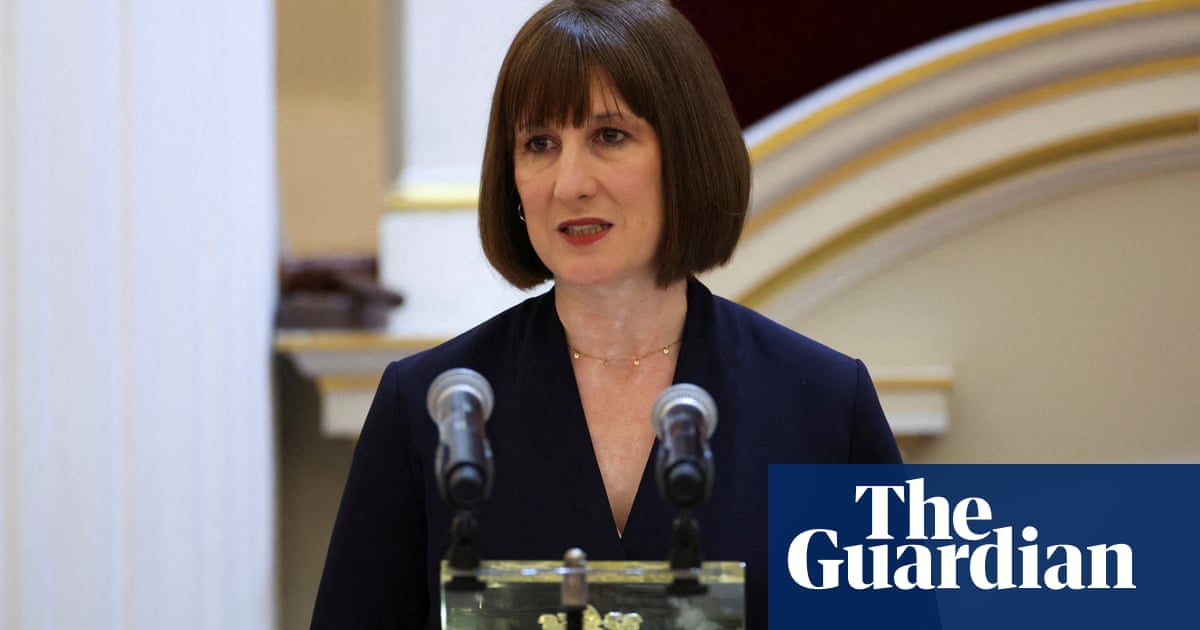Ministers are being urged to improve declining care for stroke patients to lower the risk of death and disability as new figures show rising cases, especially among people in their 50s.
Thousands of stroke patients are missing out on appropriate treatment and rehabilitation, the standards of which have worsened over the past decade, the Stroke Association has said as it publishes the latest figures from the Sentinel Stroke National Audit Programme (SSNAP), the nation’s biggest stroke data audit covering England, Wales and Northern Ireland.
Separate NHS England analysis paints a picture of a healthcare system under increasing strain, as the number of people being admitted to hospital after a stroke has risen by 28% in the last 20 years. This included a 55% rise in admissions among people aged 50-59, bringing the number to 12,533 in 2023-24 – the highest increase among any age group. The rise is understood to be fuelled by obesity, poor diet and sedentary lifestyles.
The Stroke Association said that innovative treatments, such as thrombectomy, and basic care, such as hospital rehabilitation, are still being delivered inconsistently across different regions.
Juliet Bouverie, the chief executive of the Stroke Association, said: “The NHS stroke pathway has long been at crisis point. The recoveries of too many stroke survivors are being put at risk due to a lack of staff, spiralling waiting times and a lack of basic stroke care provision which compromises – rather than optimises – patient recovery.
“Governmental change is long overdue, and the 10-year health plan is an ideal opportunity to ensure everyone who has a stroke can survive and live well.”
SSNAP data found that some basics in acute stroke care are now worse than they were 10 years ago. The percentage of people directly admitted to a specialist stroke unit within four hours of arrival at hospital stood at 46.7% in 2023-24, compared with 58% in 2013-14. Extra time spent waiting dramatically increases the risk of long-term poor health and disabilities.
The percentage of patients spending more than 90% of their time on a specialist stroke unit when admitted to hospital has decreased in the last five years from 83.2% in 2019-20 to 75.9% in 2023-24, a drop of more than 4,400 patients.
The latest figures from NHS England reveal that ambulance response times for category 2 calls, which includes stroke, have increased to 42 minutes and 15 seconds in October from 36 minutes and 2 seconds in September, meaning they arrive later at hospital, causing 1.9m brain cells to die every minute that a stroke is left untreated.
SSNAP data also shows that 3.9% of stroke patients had a thrombectomy last year, well below NHS England’s target of 10% by 2027-28. Although about 20% of stroke patients are eligible for thrombolysis, a treatment to dissolve blood clots, only an average of 11.6% patients received it in 2023-24.
The Stroke Association is calling on the government to invest in stroke prevention, such as regular blood pressure checks; support the delivery of universal 24/7 access to an acute stroke unit and stroke treatments such as thrombectomy and thrombolysis; and provide more funding for in-hospital and community rehabilitation services.
Eight years ago Phil Woodford, 53, from Preston, had a transient ischaemic attack (TIA) – a type of mini stroke – and full stroke the next day. He was given thrombolysis, but he was unable to have a thrombectomy because his local hospital did not provide the service on a weekend, which he believes may have ruined his quality of life.
He said: “My life changed overnight. It took four months’ rehabilitation in hospital and then another four months until I could return to work. My stroke caused musculoskeletal problems, permanent pain and weight gain because I’m less mobile now. I walk with a limp and my left arm sometime moves on its own and suffers from spasticity and cramps.”
A Department of Health and Social Care spokesperson said: “It is unacceptable that so many stroke survivors are not receiving the support and care they need with their recovery. We are committed to improving stroke prevention, treatment and recovery for all stroke survivors.
“We have introduced health checks in workplaces and blood pressure checks on high streets to help catch illness earlier, and we’re also acting to prevent strokes in the first place by tackling the biggest killers such as smoking and obesity.
“We will deliver the investment and reform needed to turn the NHS around, which includes shifting the focus of healthcare from treatment to prevention, as part of our 10-year health plan.

.png) 1 month ago
14
1 month ago
14













































